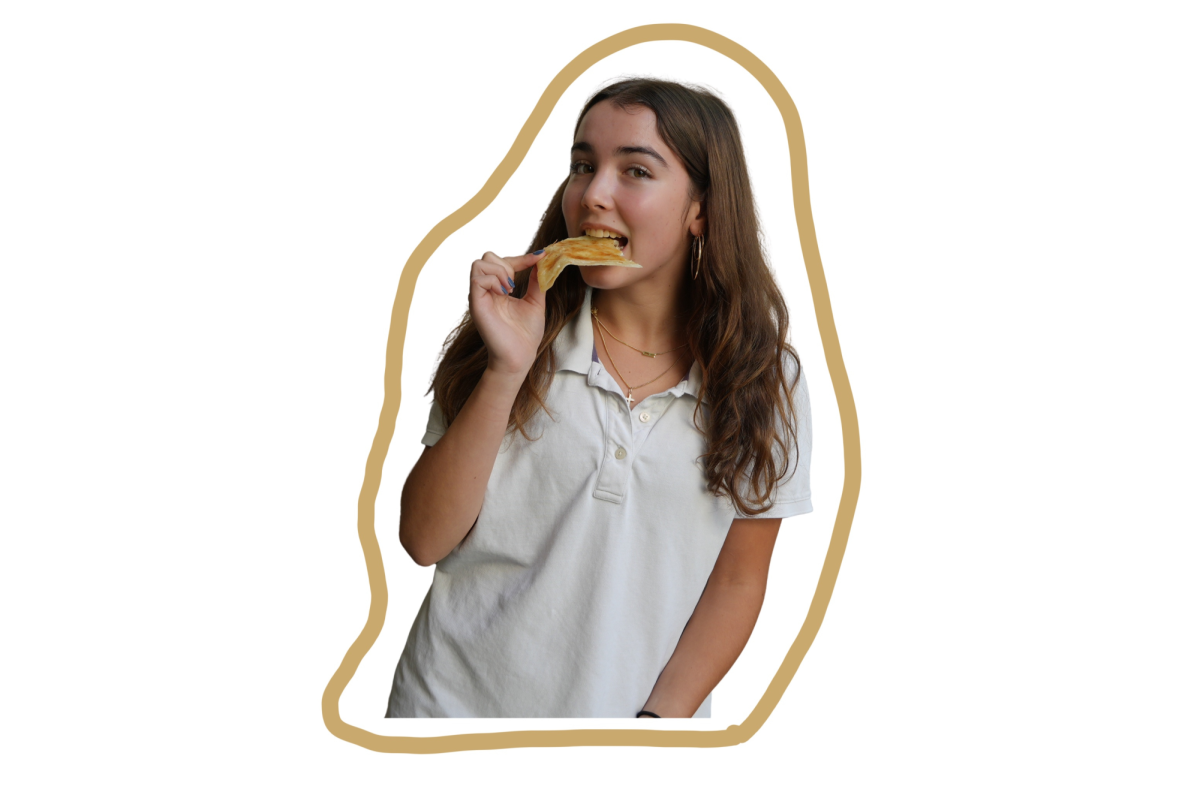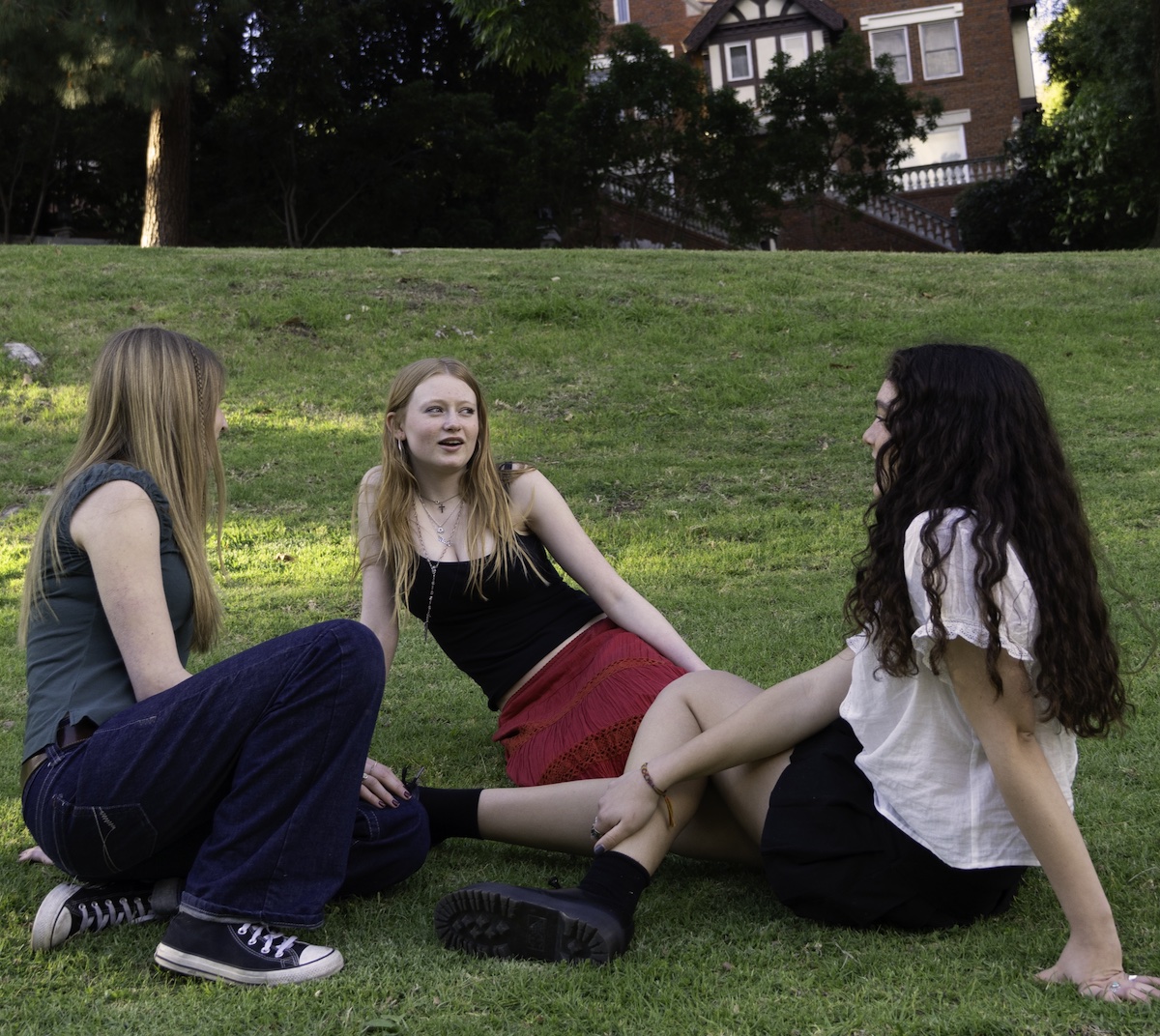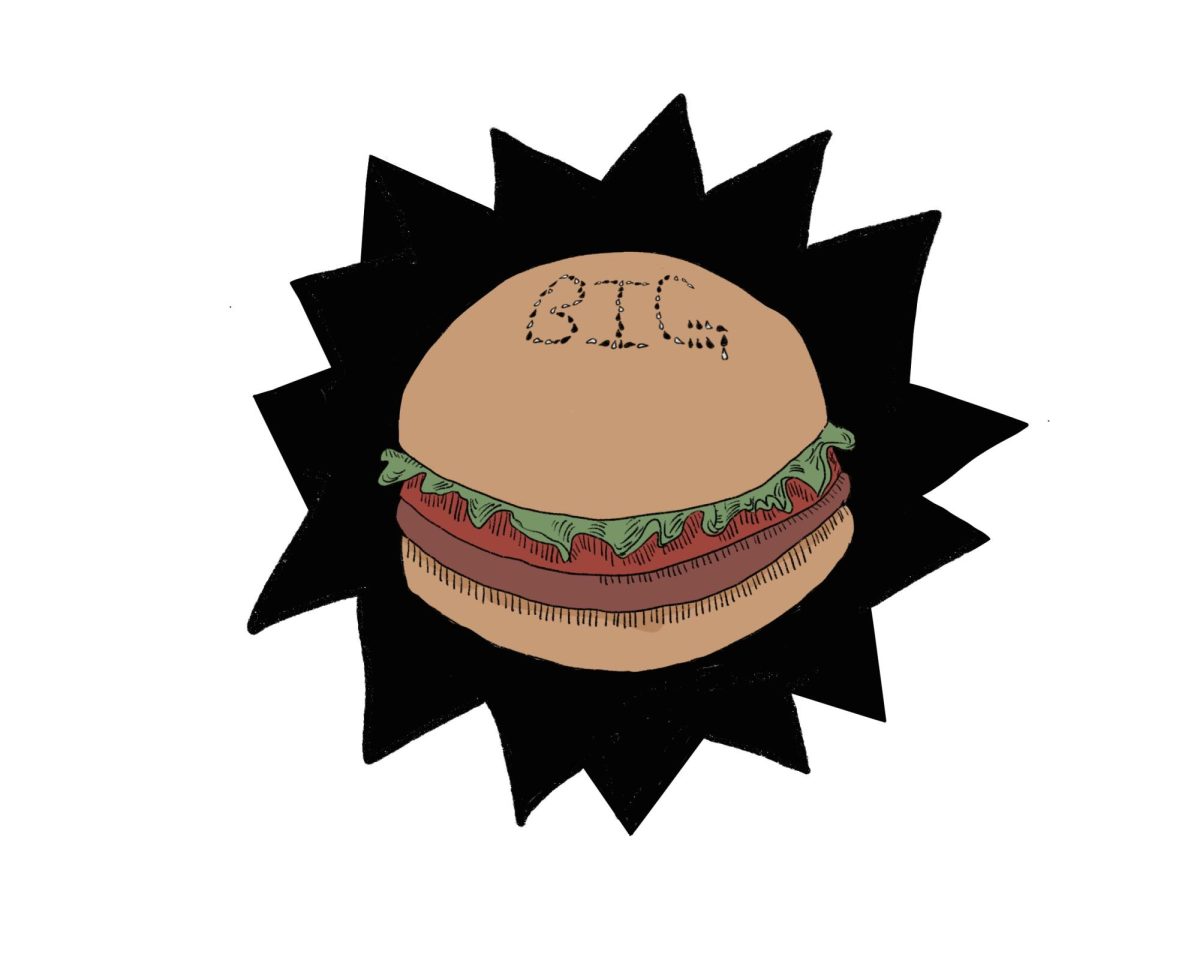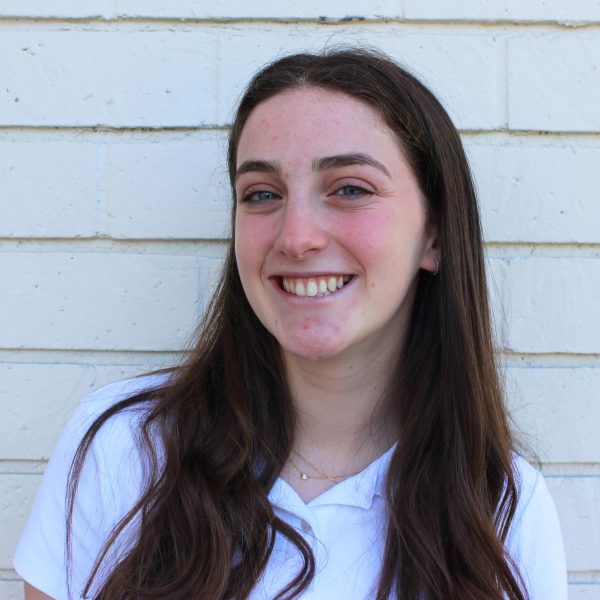What is the biggest change that you have seen at Marlborough since you were a student?
Lake: I can’t speak to all the changes…but the changes that I have seen, that I love, are the fact that equity and inclusion is part of the conversation, it’s part of the strategic plan and it’s part of the everyday dialogue. I like the fact that Marlborough is attempting to weave it [equity and inclusion] into every part of student life, parent advocacy, parent involvement as well as alumnae leadership and alumnae relations.
Lindsay: There was [when she was a student] a heavy emphasis on traditional academics — much more of a classical type of education. From what I’ve observed as the Young Alumnae President and being more involved with the school in the past couple of years, it seems like there’s a greater emphasis now on opening up the world of opportunity that students can pursue not just in college from a studies perspective…The education has expanded a lot more.
What are some of the things that have stayed the same since you were a student?
Robinson: It’s a historically all-girls institution and it’s always been sort of this place where the students are unapologetically loud and they raise their hand and have a seat at the table.When you graduate from Marlborough you feel you can do anything and you hold your own in a space with men. It’s always been unapologetically feminist.
Lake: From my perspective, the value of a single sex education remains the same. When I was in school we prided ourselves on learning to be strong women and I think that has remained the same, and I love that. I’m readily excited when I come on campus and I see some of the very cool things that the students are doing and I’m continuously impressed. And I love that Marlborough keeps pushing, keeps pushing to be innovative and dynamic, and I feel like that’s in the spirit of the school.
Did you have a favorite tradition when you attended Marlborough?
Lake: Mascot presentation. I love that; that was a lot of fun. I also enjoyed class trips. I loved those, I thought that was a great way of really getting to know my classmates in ways that were different than just being on campus every day.
Lindsay: What I liked about the traditions at Marlborough was that each class could make them their own. Being able to customize our experience within the context of tradition was kind of fun and cool.
How important do you think traditions are in creating the “Marlborough eperience?” Do you think taking them away would impact Marlborough?
Robinson: I don’t think so, although I know that those traditions die really hard. I was thinking about the dresses because I know that graduation dresses are just this giant thing, especially in the alumnae community, but when I think back to my dress, it was horrid. It was a really ugly dress and I did not have
a stick thin body where it looked good on me so I didn’t feel comfortable in my own skin…I can imagine how uncomfortable it is for people [who don’t identify with she/her pronouns]. I am supportive of really rethinking all of those kinds of traditions. Or like Ring Ceremony. I didn’t get a ring because I couldn’t afford it…I think it’s good to review those [traditions] from the lens of inclusion and the context of people’s experience.
Lake: I think it’s important to think about traditions, the impact they may have, and… to continue to dialogue and think about it. I love that we have traditions, but all traditions may not be the best. Some traditions may be damaging, may be harmful, may create trauma. For example, when I was there, we had the tradition of saying the lord’s prayer at chapel every Wednesday…but Marlborough hasn’t been a religious school and so… perhaps that wasn’t the best tradition because it wasn’t inclusive.
Lindsay: I do think traditions are important for Marlborough. I think that’s continuity between women that came before you and it adds a certain connection to the school that you wouldn’t feel otherwise. That said, I think that traditions can always be revisited and updated as they need to be. I think that the mistake is in completely getting rid of all traditions just because you don’t want to have traditions. I think that the smart and really forward thinking way is to revisit traditions on a regular basis and say like “is there a way to make this better?”; “is there a way to make this more relevant?”; “is there a way to make this more inclusive?”; “is there a way to make this more accepting and more reflecting of our times?” I think there’s a way to have inclusive traditions, and that’s my hope for Marlborough.
What is your favorite thing about the Marlborough community?
Lake: The fact that it is truly a community. It is something that connects you forever, bonds you forever, and whether or not all experiences are positive, it’s still a community and I’ve had continued experiences, post graduation, where I’ve connected with, engaged with people simply because of a Marlborough connection.
Robinson: When I get together with my Marlborough community, whether it’s my friends from my class or being around alumnae of all different ages, there’s always this common bond. You fall immediately into a rapport and it’s super stimulating because everybody is just really smart, and fun, and articulate and has an opinion. I like the camaraderie part—it’s inspiring.
In what ways did your time at Marlborough make an impact on your life?
Robinson: I came from public school, a public school that was not good, and I came in 9th grade…I didn’t have much at home and Marlborough just became like my family. I don’t know if it was my friend groups, or my friends’ parents or the administration, but it really changed the trajectory of my life. I don’t know where I would have ended up if I hadn’t come to Marlborough.
Lake: There’s so many ways Marlborough made an impact on my life. Marlborough taught me to think. It taught me to question. It taught me to value myself. Marlborough made me understand that I literally could do whatever I want to and that I could use my voice in the way that I needed to. I was really shocked when I went to college and I encountered other young women who were afraid to use their voice. They were afraid to question why things were the way they were and push boundaries, and so, learning how to think and learning to respect myself and learning the value of my voice came from my experience at Marlborough. I don’t want to generalize, but I know of many other women that did not feel as comfortable being assertive because they did not come from an education and environment that enabled them and empowered them.
What is something that you feel you gained from your Marlborough experience?
Robinson: Besides the friendships and the sense of community, I have confidence. I’m always in rooms where I’m the only woman with male executives and it’s just never been an issue for me. Younger women come up to me and they ask me questions from a mentorship perspective like “how do you do it?” and I don’t know what they’re talking about because it’s never been my experience to not feel like I belong.
Lake: It gave me confidence. I could not be where I am, I could not have achieved what I have achieved, if I didn’t truly believe in myself… What I value the most was that there was a group of girls that I still connect with on a regular basis and we do so because of the connection to Marlborough. For example, when COVID first started my class started a weekly Zoom so that we could connect and support each other, and that weekly Zoom still goes on…The fact that I am a lot of years out and these girls still feel so connected to each other and provide that support for each other is a big deal.
What do you hope that students will cotinue to get out of Marlborough?
Robinson: I hope that the students today, at least once they graduate and reflect back, that they can recognize the extraordinary, whether it’s six years, or three years or whatever time is spent there, how extraordinary it actually is or was in terms of not only the resources, but the community, and that environment and the access that they have.
Lake: Confidence and knowing how to think because that transcends. You can do almost anything if you’re confident in yourself and you don’t accept limitation.
Lindsay: I think that sense of comfort and a home base and knowing that a group of people will have your back—that’s what I hope they get out of it.











